
Artsakh Mother of Three: ‘We’re living like zombies’
Magda Mkrtchyan, a mother of three young children, lives in Drmbon, a village in Artsakh’s northern Martakert province.
She finds it hard to pay the inflated prices for food to feed the family. Azerbaijan’s seven-month closure of the Lachin Corridor has led to scarcities of most basics.
"One egg sells for 300 drams (US80 cents), one kilogram of tomatoes is 2,800 drams, cucumbers are 1,800 drams. Cheese now costs 4,000-5,000,” she says.
Magda’s former optimism regarding overcoming the crisis has waned of late.
"In the beginning, it was not felt that much, because at least food was getting in. Now, it’s very bad. There is almost nothing. People still have a certain amount of flour, but they are afraid to use it. I also have a bag of flour, but I don't touch it," says Magda.
"The last time I bought sugar and oil from the store was prior to June 15, when the road was finally closed. A few days after, we received half a kilogram of sugar and half a liter of oil for each child. I try to use very little, only in case of dire need," she says, adding the government-issued food coupons are useless since the stores have nothing to sell.
Under the blockade, the situation of people living in villages is relatively better than that of those living in cities. Most everyone has a garden plot where they grow various vegetables.
"I cook something each day with these vegetables. Today I made a potato dish. I have two kilograms of rice and buckwheat, some lentils, and a handful of macaroni. That's all I have in my house. It won't last a month," Magda says.
Sometimes people slaughter animals in the village. There is meat, but they do not bring it to the shops. People buy meat from the local producers. Even though the dairy products are locally produced, they are not for public sale.
"This season, the children should eat fruit in preparation for the winter. Whatever fruit we had was destroyed by the hail. Due to this malnutrition and lack of vitamins, the children’s skin becomes scaly, they get exhausted and sick," says Magda.
"It is a very tense situation. Everyone is stressed out, even the calm ones. People live like zombies. A conditional reflex has taken hold, forcing people to eat, sleep and go to work. There’s no motivation left,” says the mother of three.
Magda laments the loss of the tradition of sharing among the people.
"It's sad, but this situation makes people selfish. People often don't share what they have because they don't know when they will need it. Laundry powder hasn’t been available for a long time. A month ago, I went to a store that had purchased twenty kilos. The worker advised me to take it, fearing it wouldn’t be available again. But after sharing it with the neighbors, there’s only five kilos left.”
Magda’s children walk around in torn sneakers. New shoes are only used for going to school.
Hetq first met Magda during the 2020 war, when she was in Yerevan with her family, except for her husband and her husband's sons.
Today, Magda says she originally felt like a stranger in Artsakh since she moved to Drmbon from the town of Sevan in Armenia when she married. Now, her desire to stay in Artsakh is greater than ever.
"If this continues, and there is an opportunity, I would like to take my children out of here, but we will stay. I remember the mourning of mothers during the war, the blood shed by so many boys, I don't want to go anywhere else. If we weaken today and Artsakh is depopulated, Armenia will be next, for which my heart aches," says Magda.
She says that while people are despairing, pro-Artsakh rallies in Armenia inspire them with hope.
"Today, we have no expectations from the authorities of Armenia, but we have from the people. The people of Armenia have always stood by Artsakh in all difficult moments, and we expect the same today. In the 1990s, when the situation in Armenia was also very bad, those people helped the citizens of Artsakh. Everything that happens there, be it a demonstration, an event, collecting food in front of the United Nations, all of it inspires us. We see that the people of Armenia are not sleeping. But in any case, the spark must come from here. But people here remain passive. I don't understand who they’re waiting for. The authorities here aren’t doing anything smart," says Magda.
She also accuses the Russian peacekeepers of inaction and preventing Azerbaijan of committing crimes.
"We ask them, why aren't you helping to bring in food? They say, we are only here so you don't shoot each other. Helicopters fly ten times daily to bring the food, but they’re not interested in what the people of Artsakh will eat," says Magda.
Top photo: Magda Mkrtchyan's three boys
Photos provided by Magda Mkrtchyan
 Videos
Videos Photos
Photos
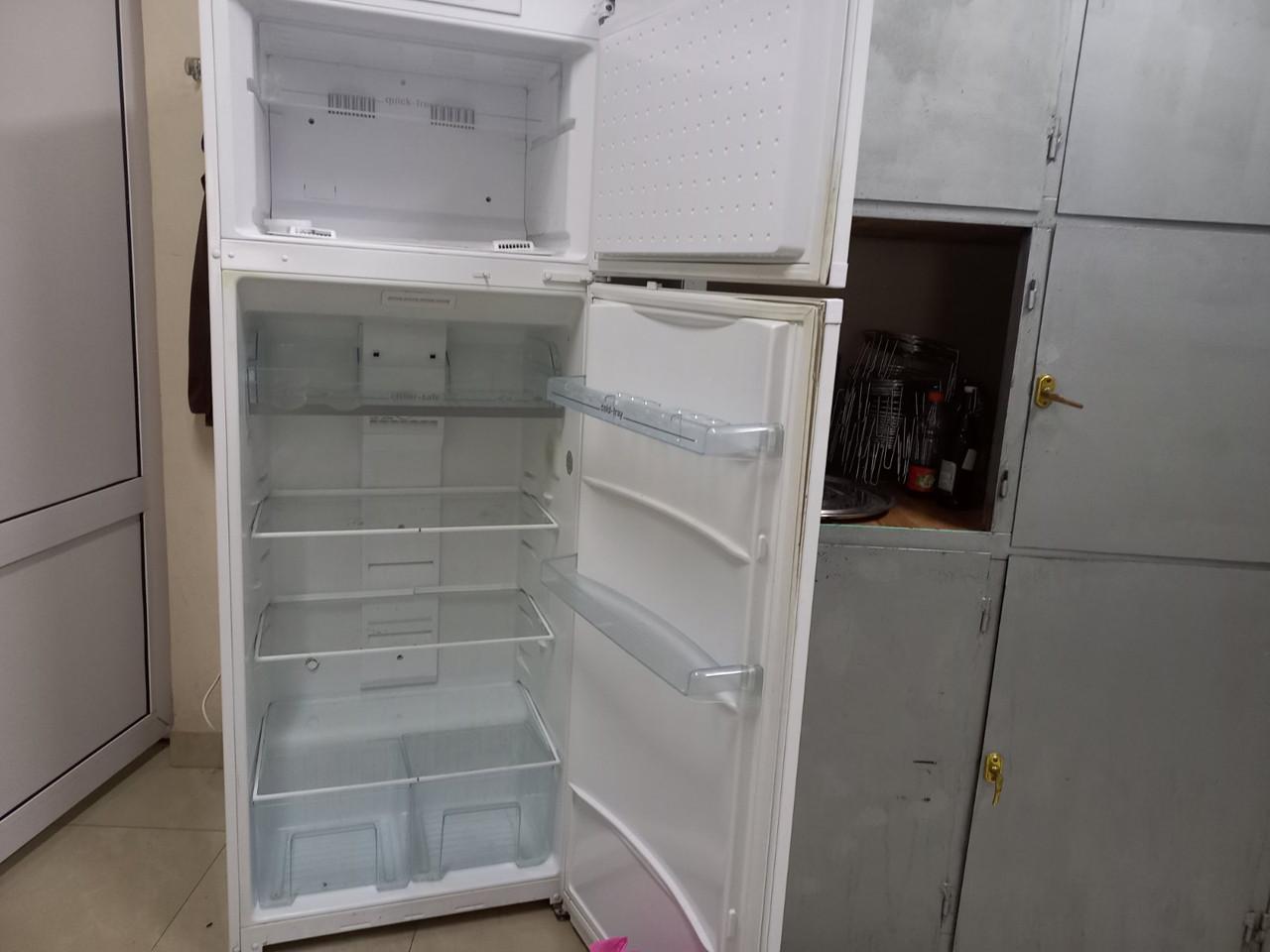
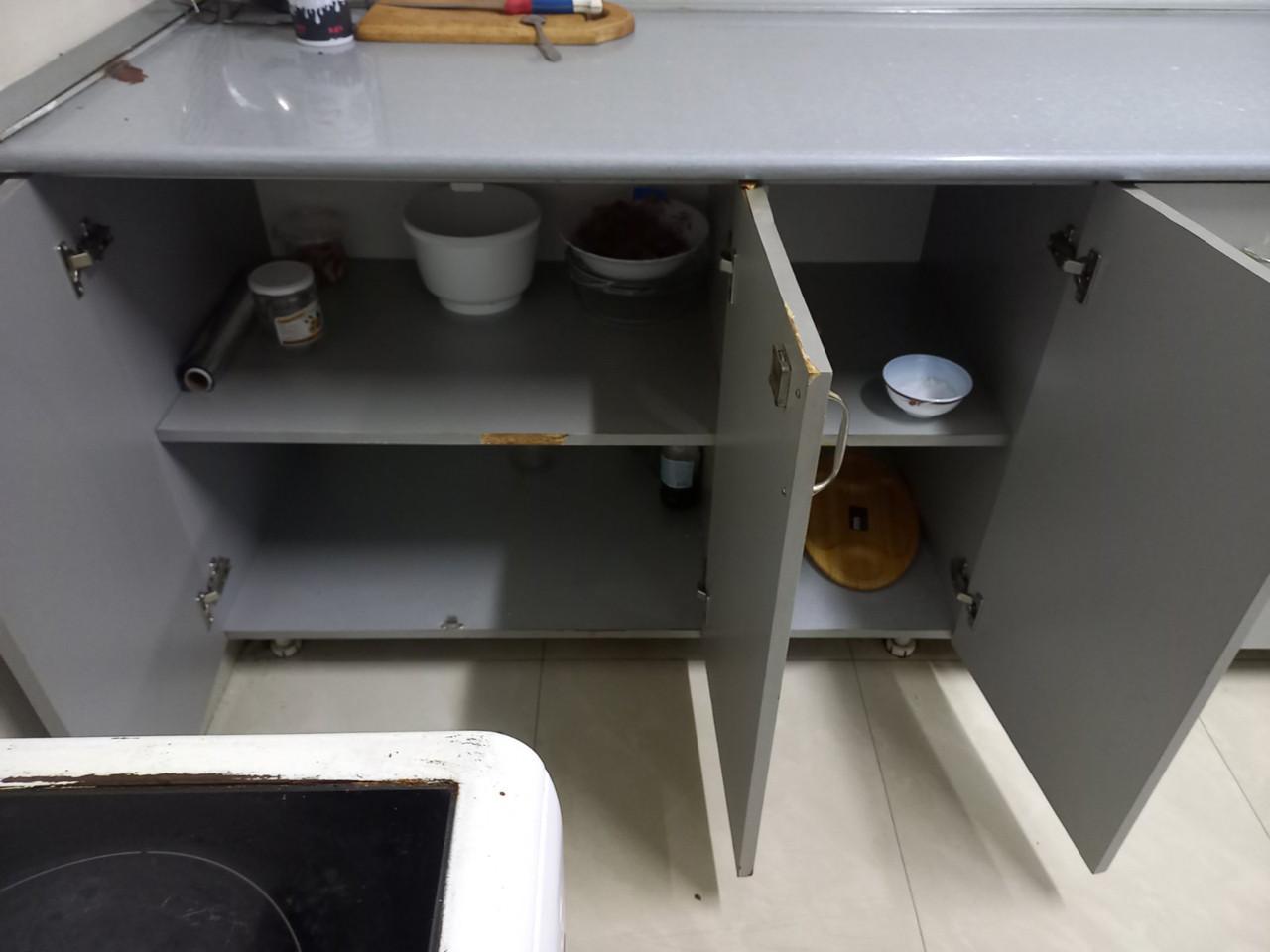

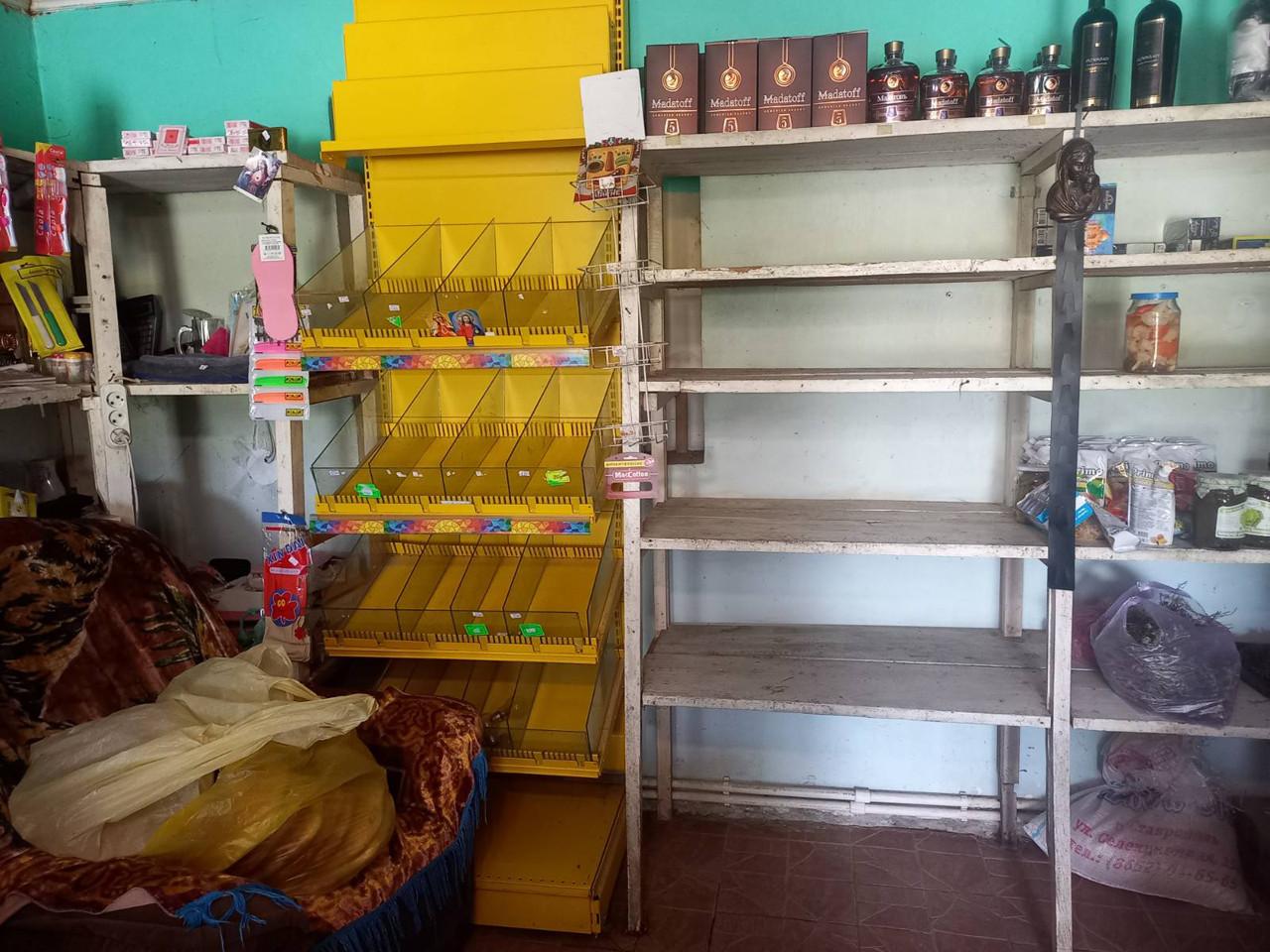
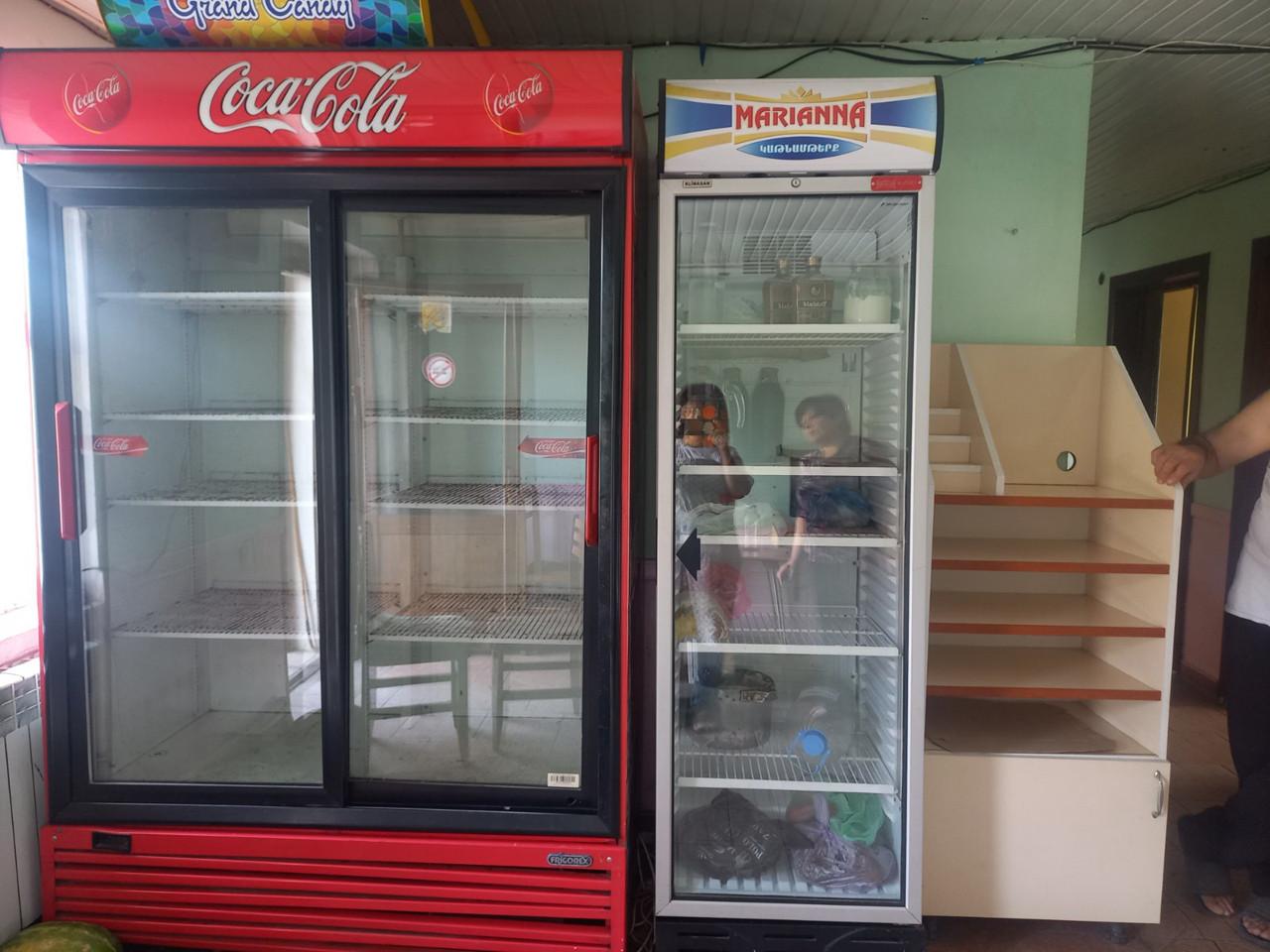
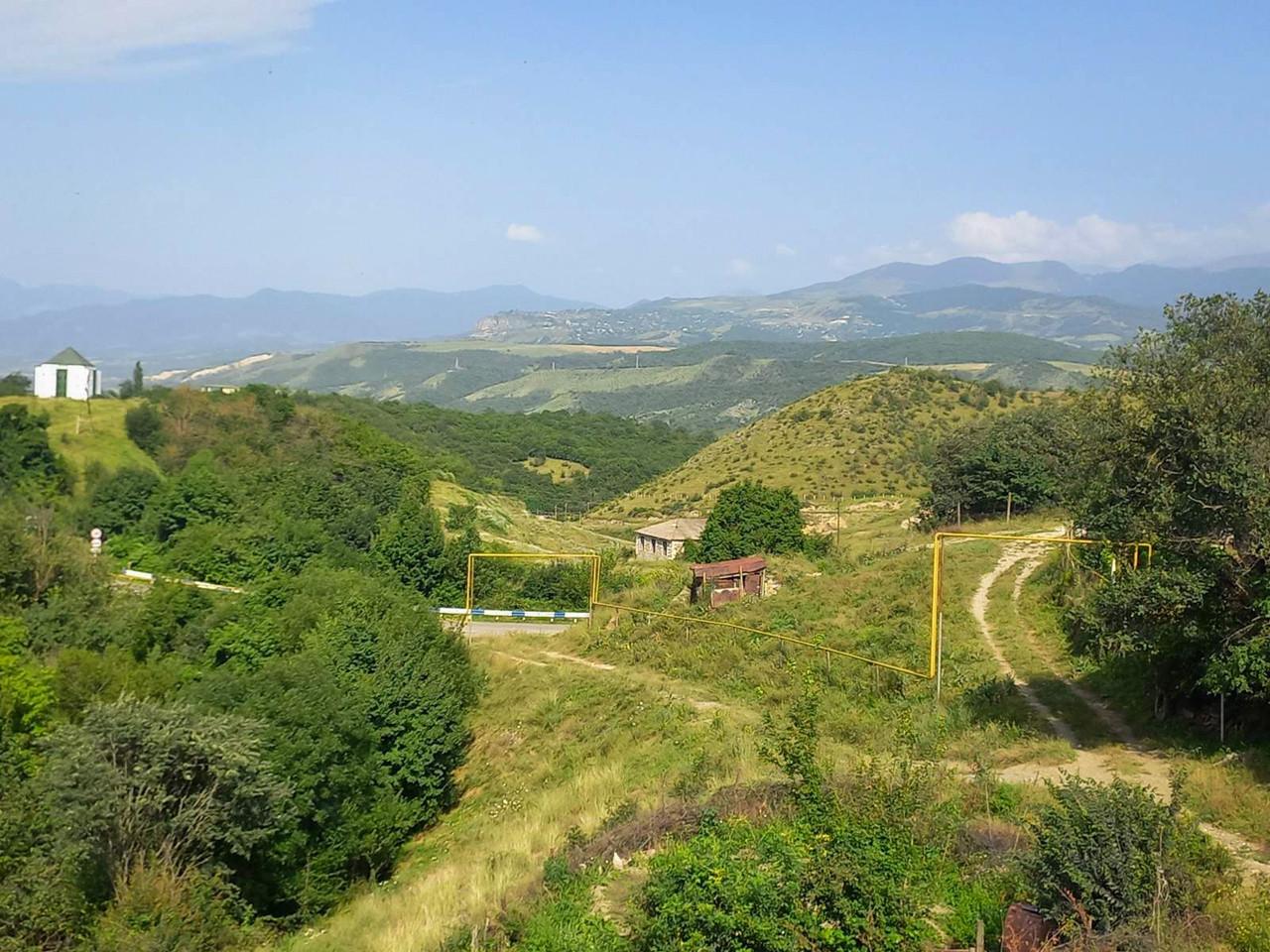
Write a comment